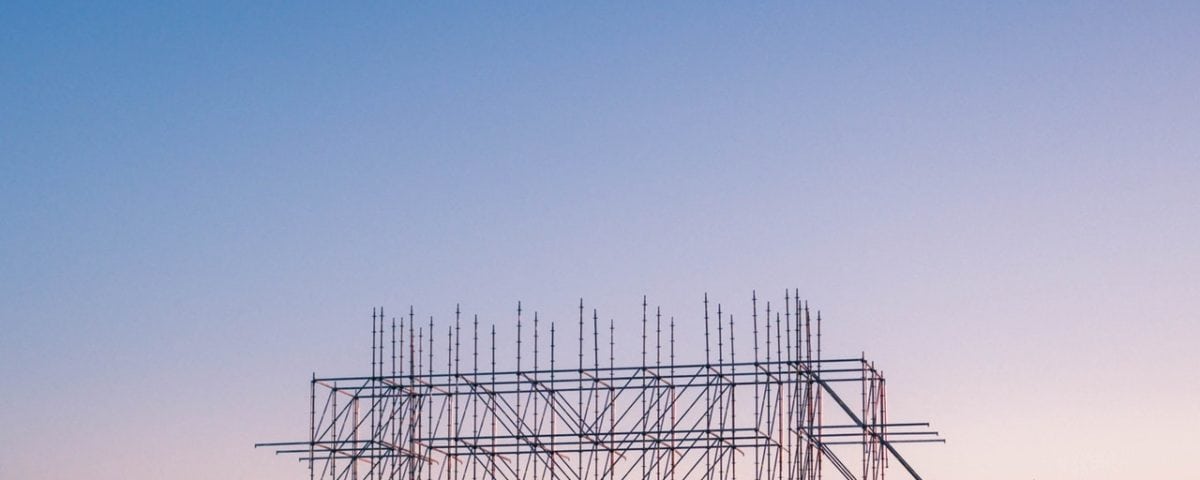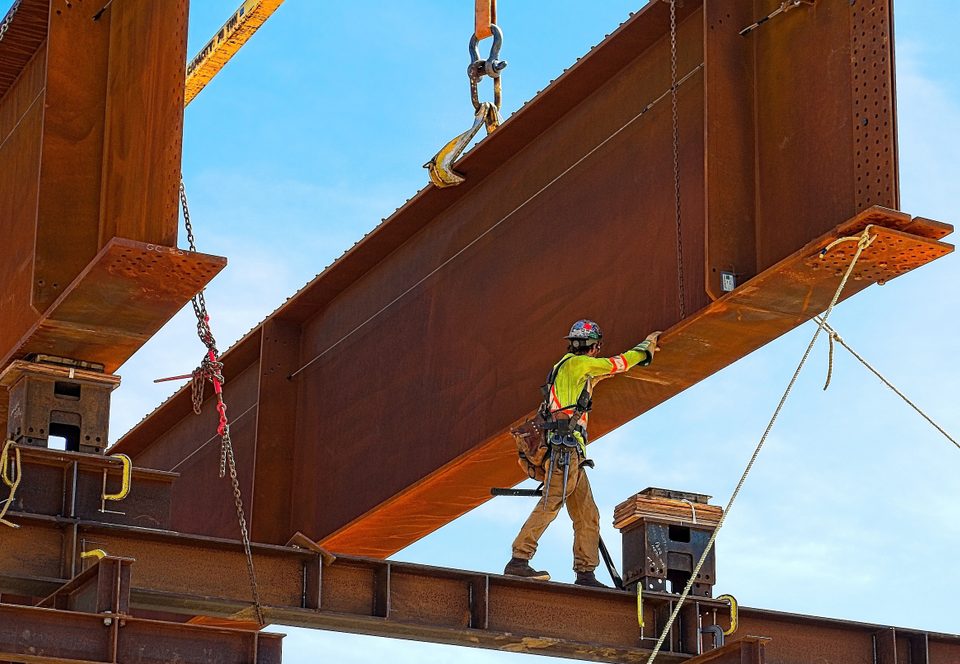Basics on Abrasion Resistant Steels

Safely and Properly Welding Galvanized Steel
July 21, 2018
Steel Cutting Basics: Thermal Cutting
August 2, 2018Within the steel world, abrasion is a common topic. Abrasion occurs when materials are rubbed across each other – this can be intentional in many cases, but in others, it can be unintentional and lead to component failure. For this reason, it’s important to use the proper materials to ensure that surface wear doesn’t cause issues.
At Wasatch Steel, we’re here to help. There are several types of steels that are made specifically to prevent this kind of wear – these are called abrasion resistant steels. Let’s learn more about these products.
How It’s Made
Abrasion resistant steel is made from varying alloying elements, including iron ore and carbon. The ore is melted in a blast furnace, which removes all undesirable substances. Carbon and other alloying elements may be added during this step.
Abrasion resistant steels have high amounts of carbon, as well as other elements like chromium and manganese. These amounts make it less susceptible to wear, and substances that prevent oxidation may also be added to the molten pool. From here, the steel is shaped, heat treated and cut.
How It Works
The carbon found in abrasion resistant steel is what blocks dislocations, increasing the hardness when the steel is heated and quenched. Other elements like chromium and manganese can be added, and these will increase the hardness and lower the negative effects caused by wear.
Another big factor here is heat treatment. This kind of steel must have a microstructure that allows for a high hardness, but the steel also must undergo rapid heating and quenching to form microstructures like martensite and bainite, which gives steel the required hardness.
Types
There are several abrasion resistant steel grades, each made to a specific Brinell hardness value – rather than other steels, which are made with tensile strength and toughness in mind. Some types available include:
- AR400: The most common grade, with the 400 indicating the Brinell hardness value
- AR450 and AR500: Similar to AR400, with a higher hardness
All of these steels are used in applications like mining equipment, cement pouring, excavation equipment and conveyor systems.
For more on abrasion resistant steel, or to learn about any of our steel services or buy steel online, speak to the experts at Wasatch Steel today.



